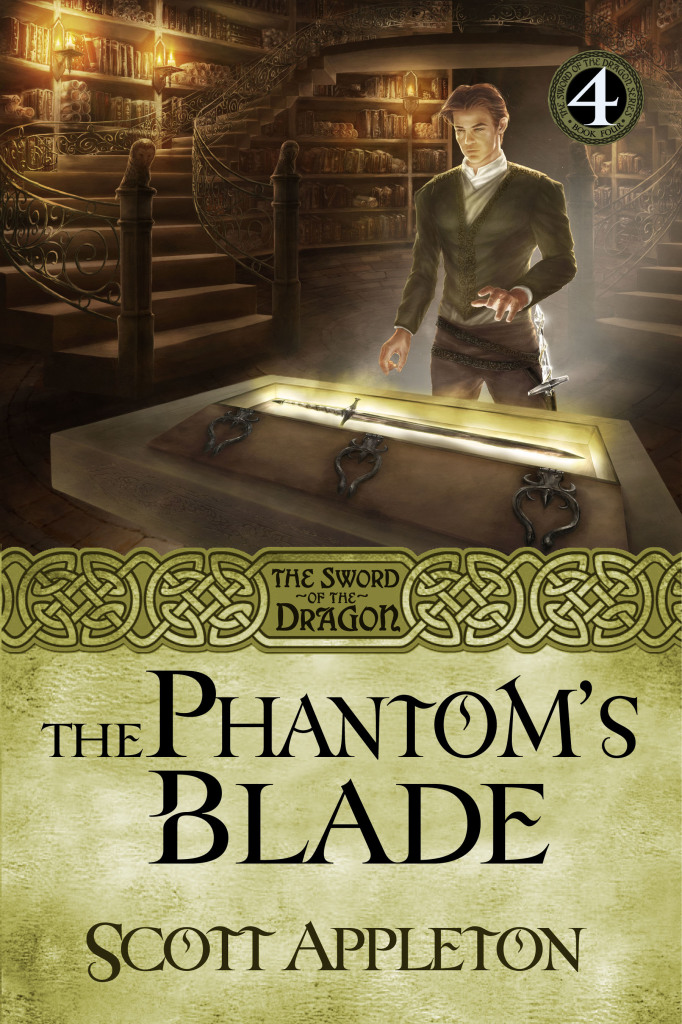When writing I have often pondered the futility of leaving God out of the story. His presence, whether embodied or as a distant spirit-being, omnipresent and omniscient, is necessary even in fiction. Without an ultimate accountability characters lose their punch.
All stories need a level of good versus evil. Characters make choices between right and wrong. Humanism would have us believe that we do not need God to explain the choice between good and evil, whereas the standard of morality we know is completely dependant on Him.
Western society is founded on the moral system passed down by Judeo-Christian values. Without a Common Standard of morality society is left to the whims of its individual members. One person may say that stealing is wrong, but another may say it is not because they believe in survival of the fittest.
Why is sin always sin? Why believe in truth and falsehood? Because we do have a standard in the laws passed down by God through Moses and the prophets and Jesus Christ.
This is pivotal in writing. Literature needs to reflect that God is the same always, whether in the past or in the present or in the future. An eternal being whose standards are not dependant on our desires, whims, or failings.
Without that standard a story becomes dependent on the characters’ perspectives. But when that standard is used the story gains coherancy because all actions, whether good or bad, have consequences temporal . . . and eternal.
Freedom of choice does not mean your characters can escape the fact that they are created beings.
Question: How does accountablity to God factor in the fiction you read and write?
 The Phantom’s Blade (The Sword of the Dragon series) book 4
The Phantom’s Blade (The Sword of the Dragon series) book 4


Recent Comments